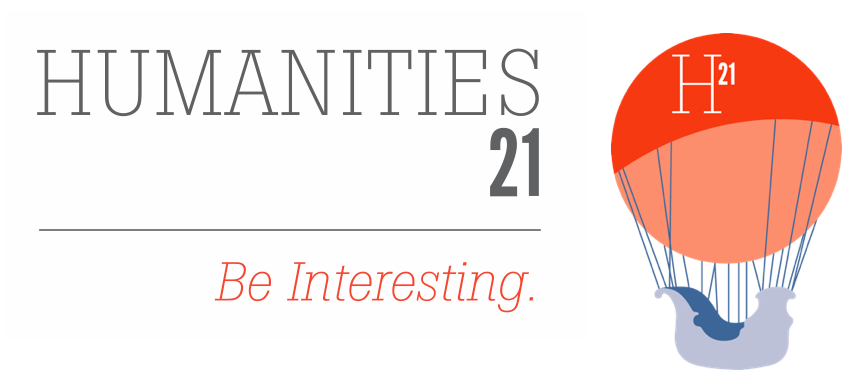In recent months world leaders have mobilized seemingly every technological resource at their disposal to stem the threat of the Covid-19 pandemic. Evidence and scientific opinion have gained newfound respect; decision makers have arguably become better at listening to scientists and following their directives.
But the virus has also exposed social problems that, by their very nature, go beyond science: deep-rooted health and social inequalities, a fractured political response, mental health challenges associated with home confinement. All this points to systemic issues that are broader than the immediate public health emergency. Here, science still has a role to play, but it is a supporting one to the humanities and social sciences.
Read more here.
Image: Thomas de LUZE /Unsplash



